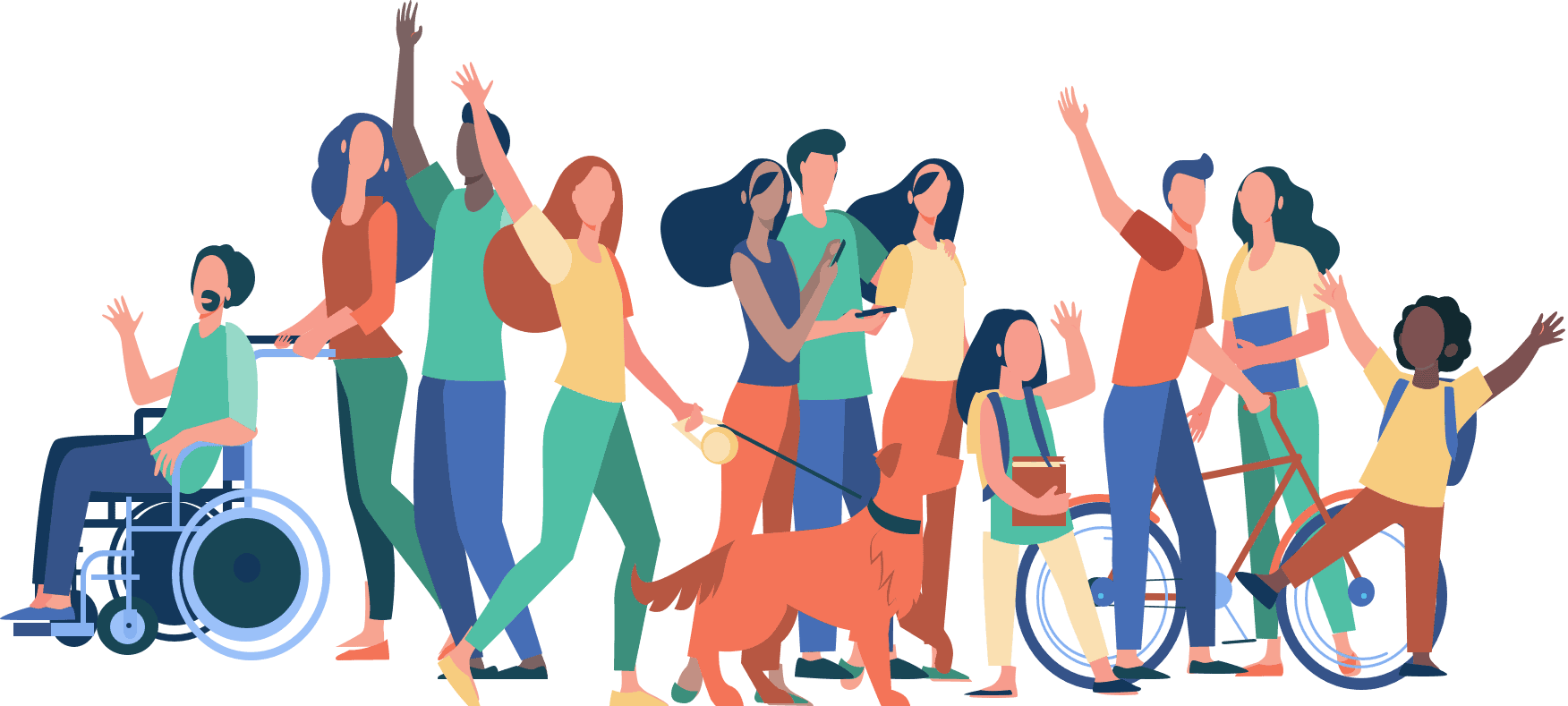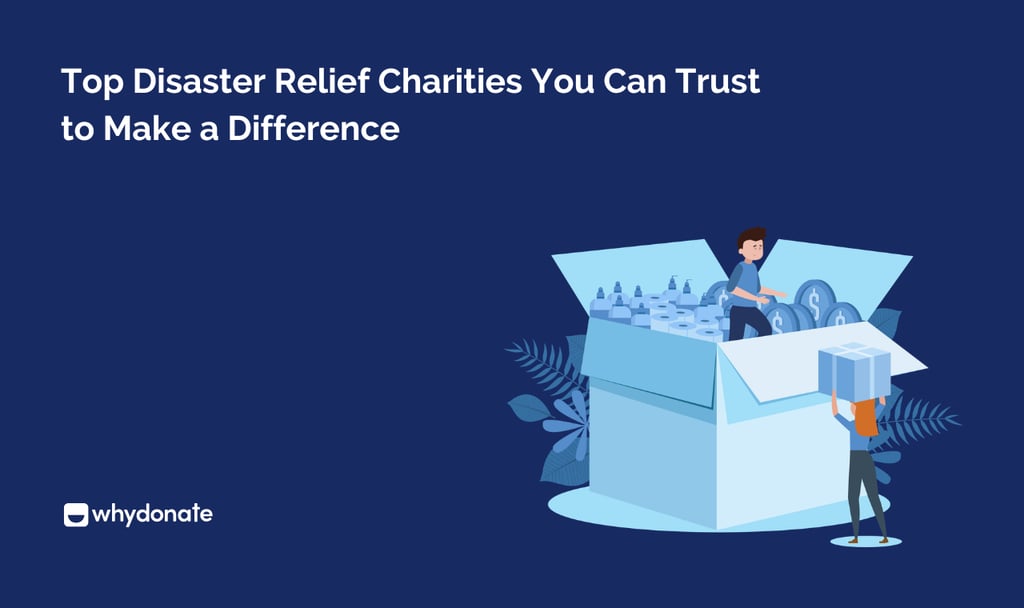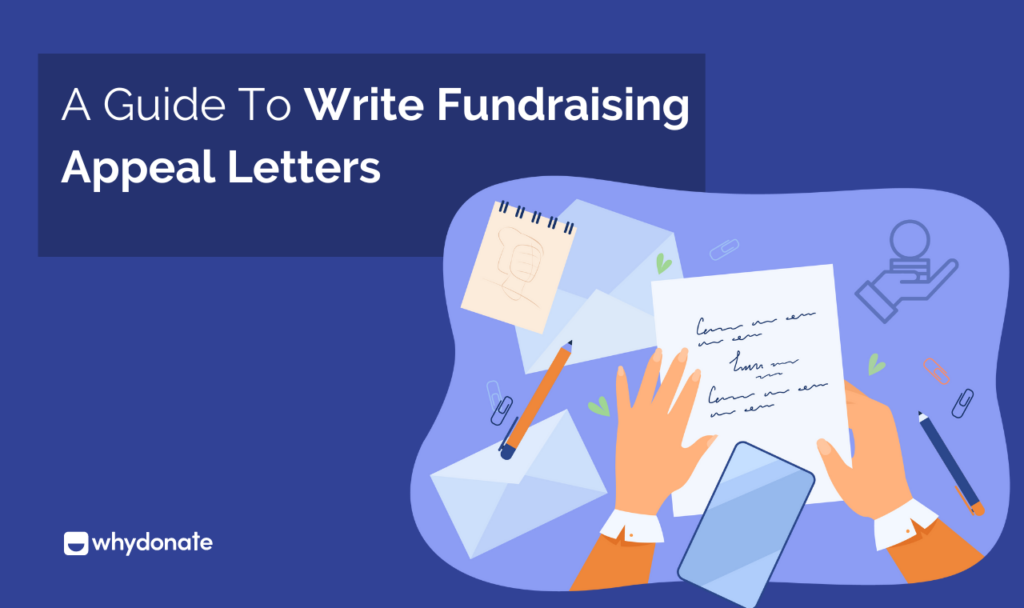Bipolar disorder is a long-term mental health condition, with some people naming it manic depression, characterized by severe mood swings. Managing and treating it usually means keeping a very full calendar of therapy sessions, sticking to mood-stabilizing medications, and sometimes even getting hospitalized.
Can such treatment be costly? Many people today still agree that being a patient or caretaker for a family member with bipolar disorder will be an overcharge for treatment. We will look into the cost of bipolar treatment in this guide, share with you some resources for financial assistance, and further highlight the potential of crowdfunding for bipolar disorder or manic depression when traditional avenues fall short and insurance just won’t cover it.
When insurance, savings, or public assistance aren’t enough, mental health fundraising can help individuals and families manage the ongoing costs of bipolar disorder treatment.
Table of Contents
Understanding the Costs of Bipolar Disorder Treatment
- Types of Treatment: Management of bipolar disorder includes medical and therapeutic treatments:
- Drugs: Mood stabilizers, antipsychotics, and antidepressants can increase medical bills for bipolar disorder treatment between $30 and $1,000+ per month, especially if brand-name drugs are prescribed.
- Psychiatric Visits: A session can range from $100 to $300.
- Therapy: Sessions with licensed therapists usually fall between $80 and $200 each. There are other options for low-cost therapy for bipolar disorder, which we’ll cover further.
- Hospitalization: In severe cases, hospital stays may cost between $5,000 and $20,000+.
- With vs. Without Insurance: Even with insurance, co-pays and deductibles add up. Some plans don’t cover specific medications, and mental health benefits may not be on par with physical health coverage. Without insurance, these costs multiply faster. You can get help paying for bipolar medication with crowdfunding.
Start your free bipolar fundraising campaign on WhyDonate for free!
How to Get Financial Assistance for Bipolar Disorder?
Your path to affordable treatment depends on your personal situation, i.e., your insurance, income, employment, and where you live. But the good news? Help exists. Here are some options to get financial assistance for bipolar disorder:
1. Insurance Coverage
Private insurance and Medicaid/Medicare typically cover bipolar treatment, though coverage can vary. While mental health parity laws require insurers to treat mental health conditions like physical ones, in practice, access and consistency often fall short.
2. Government Programs
- SSI/SSDI: You may qualify for disability benefits from Supplemental Security Income (SSI) or Social Security Disability if your bipolar disorder seriously impacts your ability to work.
- SAMHSA: The Substance Abuse and Mental Health Services Administration provides a treatment locator to help you find low-cost or free care near you.
- Medicaid: If you have a low income or are unemployed, you may qualify for Medicaid. Application processes differ from state to state.
3. Nonprofit and Charitable Assistance
- NAMI (National Alliance on Mental Illness): Provides free educational resources, support groups run by peers, and assistance in navigating treatment options.
- Mental Health America: Refer individuals to agencies that provide support groups and offer mental health screenings.
- Local Organizations & Faith Centers: Churches, community organizations, and local charities tend to provide counseling, support groups, and crisis intervention services.
4. Sliding Scale Clinics
Many clinics and private therapists offer services on a sliding fee scale based on income. You can locate these through:
- SAMHSA’s Treatment Locator
- Psychology Today’s Therapist Directory
- Your Local Health Department
5. Prescription Assistance
- Patient Assistance Programs (PAPs): These are programs set up by pharmaceutical companies to provide free or discounted medications to people who are eligible.
- Discount Platforms: Sites like GoodRx, NeedyMeds, and RxAssist provide prescription discounts and coupons that can greatly reduce the costs of medication.
6. Employer Assistance
Most employers offer Employee Assistance Programs (EAPs), which provide short-term mental health counseling services or referrals to therapists, as well as financial support for bipolar disorder services.
7. Student Services
Colleges and universities often offer free or low-cost mental health financial help or services to enrolled students. These may include counseling centers, support groups, and affordable health insurance plans.
Crowdfunding for Bipolar Financial Assistance
Sometimes, traditional assistance just isn’t enough. Insurance won’t cover a particular medication. You’ve missed work during a depressive episode. An inpatient stay costs thousands. That’s where crowdfunding for bipolar disorder or manic depression comes in.
Why Crowdfunding Works:
- It taps into your network of family, friends, and kind strangers.
- Awareness and stigma reduction are supported.
- There is flexibility in accessing funds quickly.
Using WhyDonate to Fundraise for Bipolar Treatment:
- Start a campaign for yourself or a loved one.
- Describe your needs in clear terms, i.e., medicine, therapy, emergency care, etc.
- Share your story and update your supporters.
- Collect donations to bridge financial gaps and sustain long-term care.

Struggling to afford bipolar treatment? Start a free fundraiser on WhyDonate today and get the help you deserve.
Emotional and Practical Support for People With Bipolar Disorder
Financial help is only half the battle. Emotional safety, strong routines, and supportive relationships are just as critical.
- Encourage consistent medication and therapy attendance.
- Join support groups for people with bipolar disorder, online or in person.
- Caregivers should set healthy boundaries and maintain open communication.
- Speak out against stigma; bipolar disorder is a medical condition, not a character flaw.

FAQs
What should I do if I can’t afford bipolar medication?
Start with PAPs from drug manufacturers, check platforms like GoodRx for discounts, and explore local nonprofits or clinics that offer subsidized prescriptions to get bipolar medication assistance. You can also raise funds on platforms like WhyDonate, where you don’t have to spend a single penny.
How do I qualify for a Patient Assistance Program?
Most PAPs require proof of income, prescription, and sometimes a doctor’s note. Each company has its own application process.
Is crowdfunding a reliable way to raise money for bipolar treatment?
Yes, crowdfunding for bipolar disorder or manic depression is reliable, especially when other options aren’t enough. A well-written, honest campaign can attract generous support from your community.
Are there free support groups for people with bipolar disorder?
Yes! NAMI and Mental Health America both host free support groups. Online communities like Reddit or Facebook can also offer peer support.
Final Thoughts
Bipolar disorder doesn’t just take a toll on your emotions; it can hit your finances hard, too. But no one should have to choose between stability and solvency. Whether through insurance, nonprofit help for mental illness, sliding-scale clinics, or community fundraising, you can find financial assistance for bipolar disorder. And you’re not alone. Let your story be seen. Let others show up for you.
Need Help Fast? Set up a WhyDonate campaign in minutes and start getting the support you need today.


















